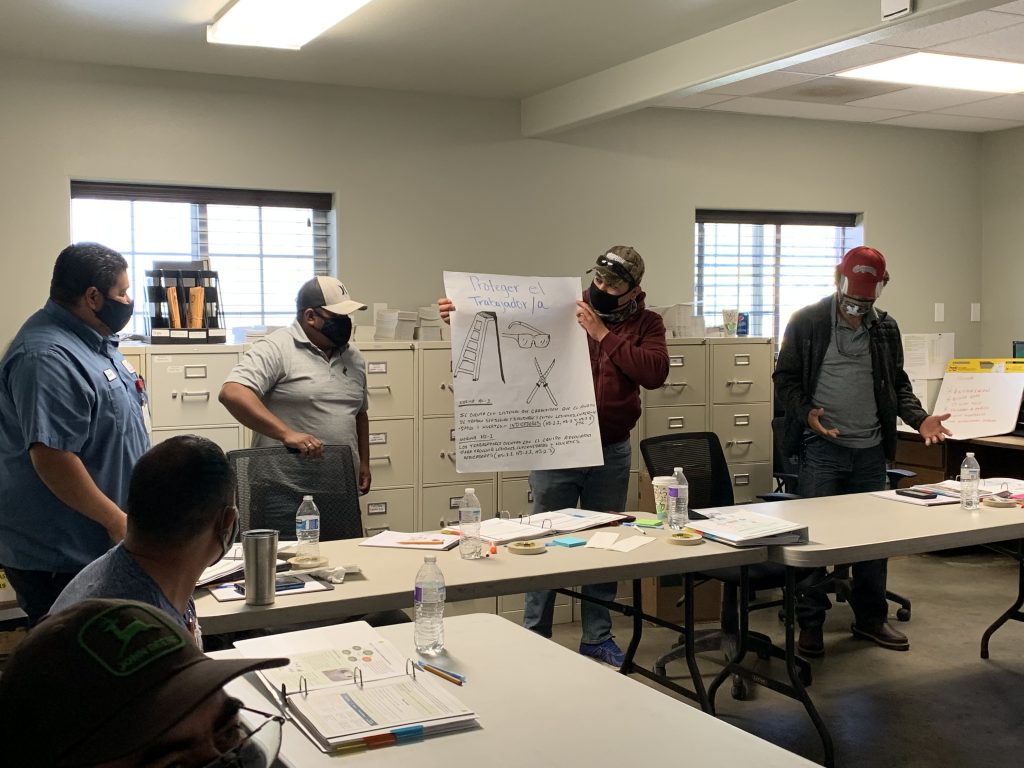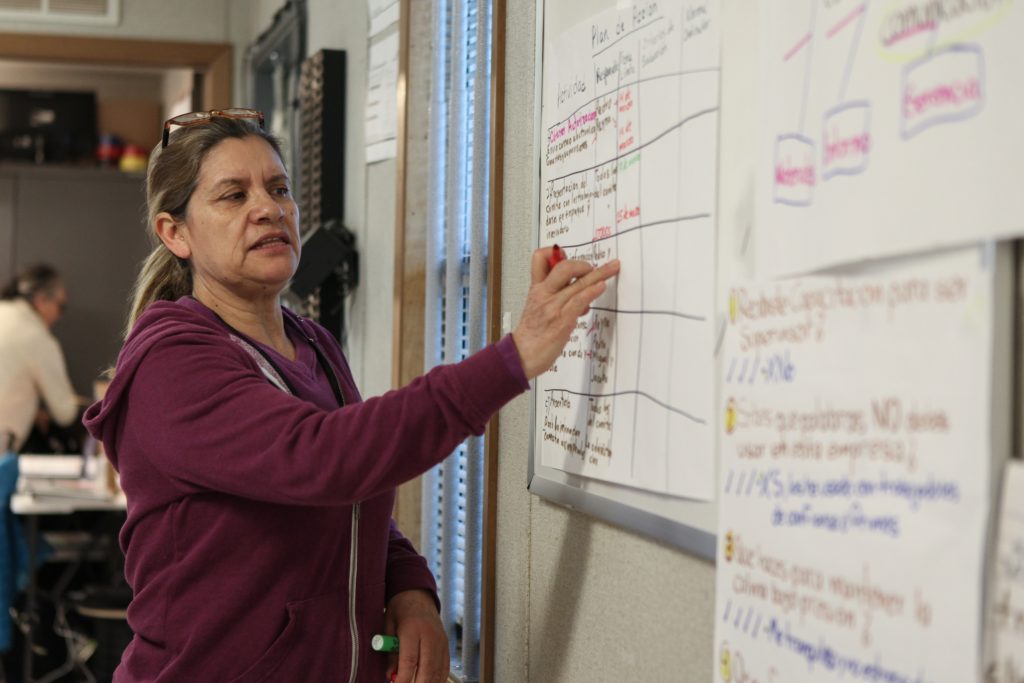
Agricultural industry professionals know how to adapt. While every year has new challenges, 2020 is proof that, for fresh produce growers and retailers, adaptability is key to survival.
While you may hope to see fewer challenges in the future, you can expect to see changes that will affect your company’s culture coming in the next 10 years, including technological advancements, automation and shifts in cultural expectations.
Finding solutions to these factors as they arise has short-term benefits, but if you’re not actively directing your company through changes with a long-term perspective, you may end up far adrift from the company culture you desire to create.
Workforce development takes a long view. It puts you in the driver’s seat as you navigate imminent change, and it allows you to identify and develop the values and skills necessary for your staff to thrive in—and maintain—your desired company culture.
Communicative leaders are an important factor in establishing a culture shift for your company, and managers’ contributions to developing their subordinates also play into maintaining culture. However, true culture shift occurs when employees take ownership in driving their own learning process forward.
You’re not just looking at employees. You’re looking at partners in the company, working together to succeed.”
– Blanca Acosta, EFI Leadership Team Member
Workforce development training though Equitable Food Initiative (EFI) delivers engaged employees who take on more responsibility for the company’s values and success and the structure for creating a culture of continuous improvement.
EFI Leadership Team members and growers report that, after completing EFI workforce development training, employees feel a greater sense of ownership and inclusion.

According to EFI team member Blanca Acosta of Homegrown Organic Farms, after going through EFI training, employees feel more like partners in the company, working together to succeed.
Jeff Madu, Director of Sales for Windset Farms®, an EFI-certified operation, says, “The worker in our greenhouse has ownership and is part of the team. EFI allows them to have voice back to management, which they may not have had before.”
The EFI approach creates a structure that facilitates continuous improvement and learning. A study by Deloitte reports that companies with continuous learning cultures are 46% more likely to be first to market; they experience 37% higher productivity and are 92% more likely to innovate.
Tammy Garcia, EFI Leadership Team member from Andrew & Williamson Fresh Produce/GoodFarms, says, “I feel protected and good. I am a leader thanks to EFI, and we work on continuous improvements. The field is open to everyone. With EFI we will keep improving working conditions.”
A manager on an EFI-certified operation reports that this value for worker voice and suggestions opens the door for increased pride and ownership: “When managers and workers come together as part of the EFI Leadership Team, workers will often have the best solutions to the problems the team is collaborating on. And when the workers hear management say that they wouldn’t have been able to come up with a good solution without them, they feel a greater sense of ownership and pride for the good of the company.”
As individual workers are able to understand and embrace company values and gain access to processes of continuous improvement through EFI workforce development, a lasting culture shift is made possible.
Steer toward the company culture you want to create with the help of EFI’s strategic workforce development training. Find out more about how EFI can customize a program for your organization by contacting Director of Business & New Product Development Kevin Boyle.

